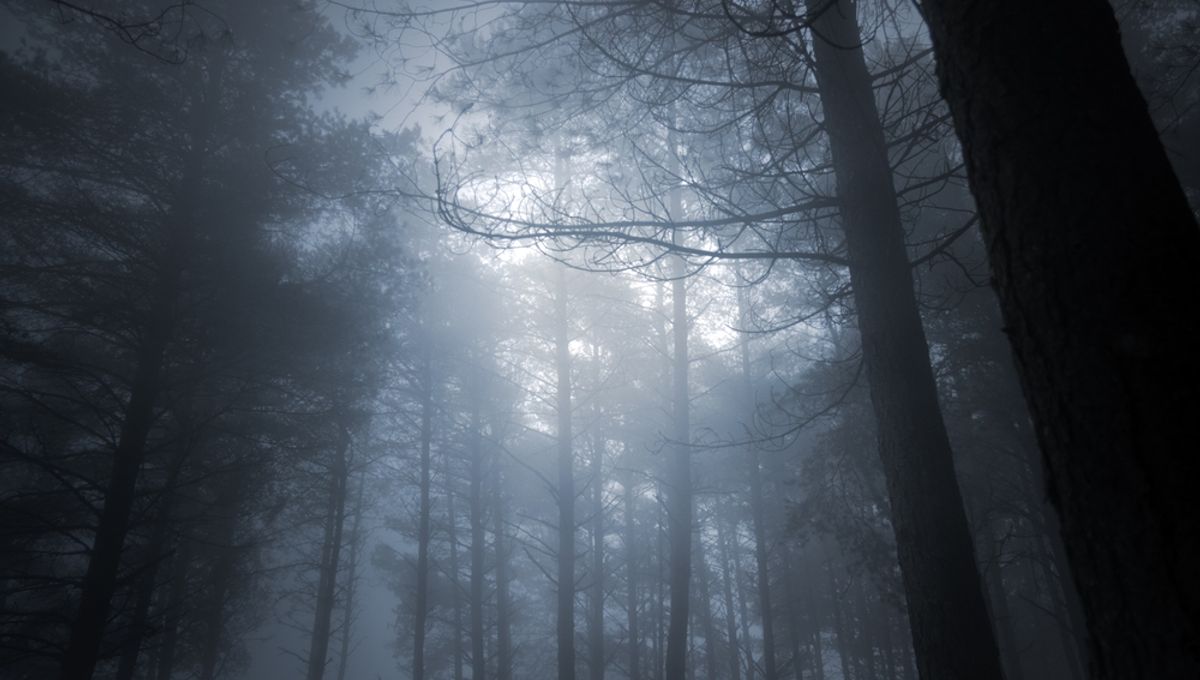
You have probably heard of the Fermi Paradox, but if you haven’t, here it is in a nutshell: Given the high probability that alien life exists out there in the universe (bearing in mind the vastness of space and that we keep finding planets within habitable zones) why has nobody got in touch yet? If there are so many other civilizations out there, possibly at far more advanced stages than we are because of how long the universe has dragged on, surely at least one would send out messages or probes, or do what we are doing: Desperately searching for signs of life?
Answers to the paradox range from the optimistic to the downright frightening. It could be that we simply haven’t been looking long enough, nor emitting our own traceable signatures for aliens to find us yet. Or it could be that no aliens will ever make it to the point where they are able to make contact with other species, destroying themselves long before they get to the kind of tech required to do so.
On the very edge of the creepy end of the spectrum falls Dark Forest Theory, a piece of speculation on the topic outlined in Liu Cixin’s sci-fi novel The Dark Forest. In conversations between a sociology professor and former astronomer and the mother of their dead friend.
The professor states that their life will strive to stay alive, and there is no way of knowing the intentions of other alien species. Some could be benevolent, some could be hostile. Even if the life out there isn’t hostile, it will still be expanding in a universe with limited resources, increasing the likelihood of conflict with others who need those same resources.
Given these factors, the book suggests, all intelligent life is left with the safest course of action: to wipe out any other lifeforms before they can do the same to them.
“The universe is a dark forest. Every civilization is an armed hunter stalking through the trees like a ghost, gently pushing aside branches that block the path and trying to tread without sound. Even breathing is done with care. The hunter has to be careful, because everywhere in the forest are stealthy hunters like him. If he finds other life—another hunter, an angel or a demon, a delicate infant or a tottering old man, a fairy or a demigod—there’s only one thing he can do: open fire and eliminate them,” a famous passage from the book reads.
“In this forest, hell is other people. An eternal threat that any life that exposes its own existence will be swiftly wiped out. This is the picture of cosmic civilization. It’s the explanation for the Fermi Paradox.”
This doesn’t mean that we haven’t heard from other species because they have all been wiped out, the book argues. If even one species out there acts like this, it makes sense for all others to keep quiet, and not advertise their existence to others.
However, there is one factor that the book expands on, though wiping out others before they can do the same to you is the most rational course of action, aliens may not do it for practical reasons. Say you send out a fleet of destroyers to another star system. By the time it gets there, your fleet will remain at the same technological level you sent it, while the people you are attacking will have advanced by centuries or even millennia.
As such, it may be beneficial to most civilizations to simply sit out there like many other forms of benevolent lifeforms, all hiding themselves in the forest in fear.
An earlier version of this article was published in April 2021.
Source Link: The Unsettling Explanation of the Dark Forest Hypothesis: Why Aliens Haven't Made Contact